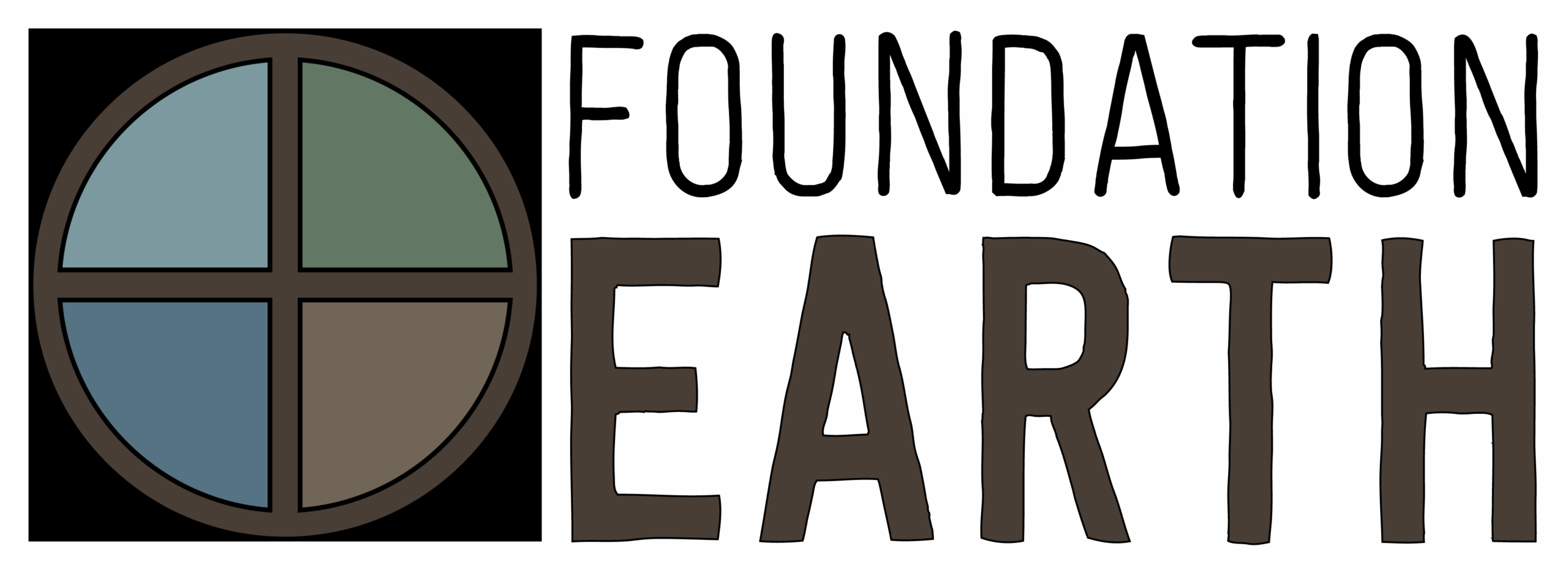We need clarity of language if we are to understand each other. Here are a few definitions and thoughts for you to consider as we analyze the problems and our responses.
Advanced Nation: One that lives largely within the means of its own ecosystems. The imports/exports are primarily art, culture, and ideas. Renewable imputes (food, fiber, energy, etc.) draw heavily from its own and nearby bioregions. Non-renewable resource usage is in a closed-loop system including some trade in and out of the bioregional economies. Any remaining essential raw material or commodity imports are heavily screened on ecological (and social) footprint factors. People live dignified lives and nature flourishes with every subsequent generation of humans.
Alarmist: The purpose of an alarm is to wake you up so you can take decisive action. When the house is on fire, sounding the alarm is important. We are superheating the planet. Alarmists are to be honored. To those who have been listening, a piercing smoke alarm has been going off in our house for well over fifty years.
Biosphere: The living earth. The self-organizing or self-regulating zone of life. The global ecosystem. The source of our existence. The poet Gary Snyder calls it, “…the Big Watershed.” The part of the Earth’s environment in which living organisms are found, and with which they interact to produce a steady-state system, effectively a whole-planet ecosystem. Think of it as no thicker than a coat of paint on a football. The Earth’s biosphere is basically the sum of all the different living systems and the relationships they have with each other and with the non-living parts of our world, such as the water, air and rocks that enable them to function. It is the self-regulating zone of life, shielded from the icy vacuum of space by the atmosphere on which it (and we) depends. Earth-system science is biospheric science: The study of the whole Earth as a complex system beyond the sum of its parts, especially how the great cycles that make the planet a dynamic entity that supports life. As scientist Fritjof Capra says, the biosphere’s outstanding characteristic is its inherent ability to sustain life.
One-Planet Living: A vision of a world in which people enjoy happy, healthy lives within their fair share of the earth’s bounty, leaving space for wildlife and wilderness to rewild and flourish.
Overconsumption: If a material good or service or lifestyle irreparably stresses an ecological system, causes the extinction of species, forces human communities to abandon their cultures, or effectively enslaves them in a dominant economic system, directly or indirectly, it is fair to consider this over-consumption.
Resilient: Resilience systems are easy to repair and are characterized by redundancy. The failure of any one component doesn’t cause the entire system to crash. Elastic and recovering quickly. Resilient is the capacity of individuals, communities, and systems to survive, adapt, and grow in the face of stress and shocks, and even transform when conditions require it.
Sustainability: It is a way of life that is so diverse and rewarding that many would want to emulate it. And if they all did, the planet’s natural systems (in which we are imbedded) and the wildlife populations would flourish increasingly with each generation allowing for the continuance of all life. Deep sustainability is when we humans have pretty much zeroed out ecological impacts on the planet’s bio-physical life support systems. The political economy is in harmony with eco¬logical (ever restoring) health and operating within Earth’s carrying capacity.
- More simply — One planet living where humanity lives via the energy available via daily sunshine.
- Sustainability — An economy that operates within Earth’s carrying capacity.
Systemic Approach to Social Change: Holistic solutions consider the larger systems and solve for pattern. Systems are what evolved over billions of years. Our solar system is a simple example. The process of natural evolution is why there are weather systems. This is true for all ecological systems such as lakes, forests, or coral reefs. It is true for the social systems of humans and other animals. The study of the dynamics of systems is called general systems theory. Understanding systems thinking helps to better navigate effectively in a world of systems. Systemic Thinking is thinking in terms of relationships, context, patterns, and processes of embedded systems. Holistic solutions consider the larger systems and solve for pattern.
True Cost Economy: A holistic economy in that it operates within Earth’s carrying capacity, especially by recognizing and avoiding ecological impacts (also known as shifted costs or externalities). It maintains the biosphere’s life-support systems. It is one-planet living. The use of “Cost” in this phrase is not a financial term. If something cost you your life it would not be primarily a financial concern. If an economy were to cause a near-dead planet it would hardly be of financial concern to desperate people or near-extinct species.
